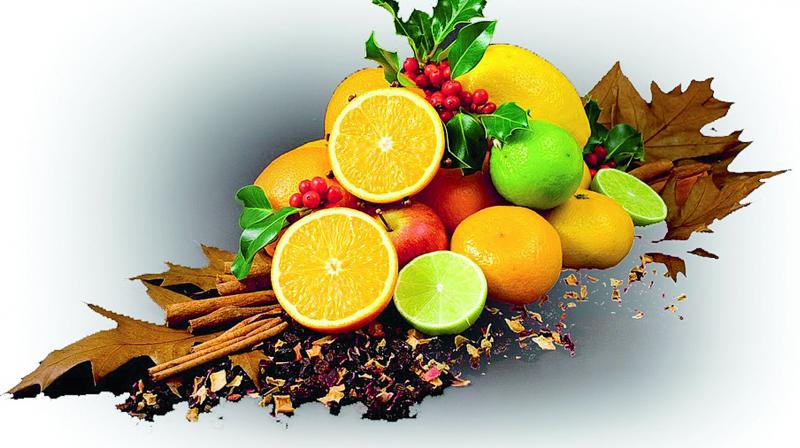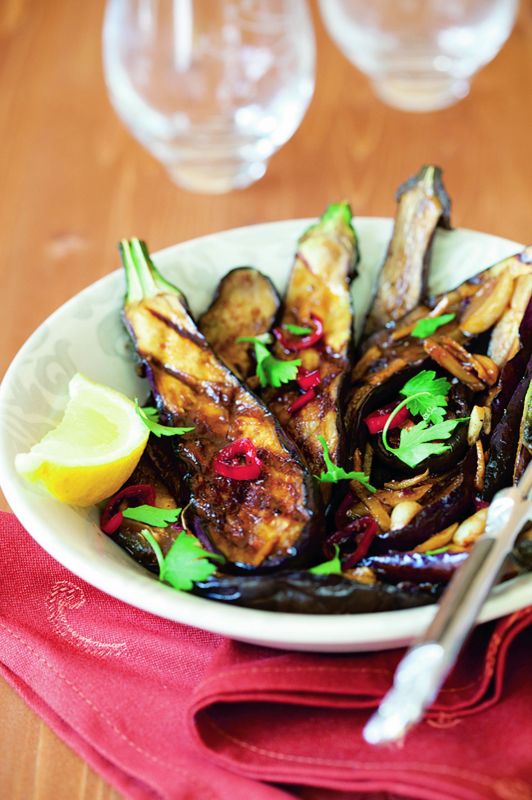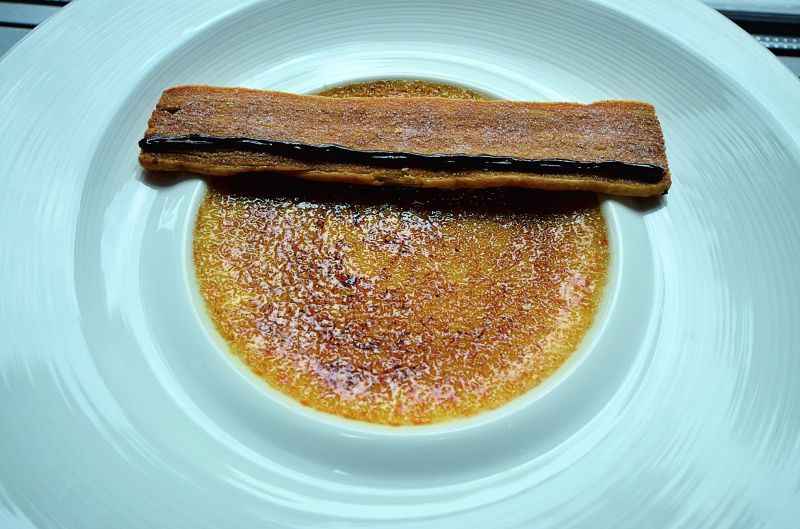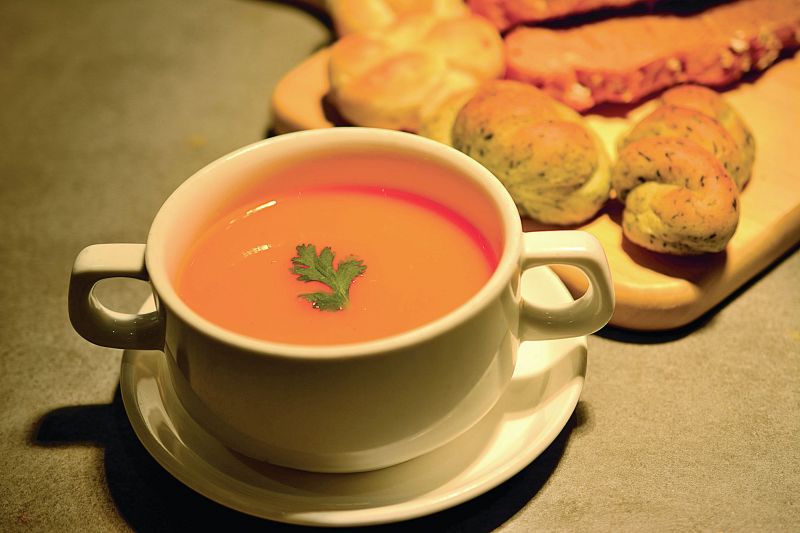Zestful zing

Do you love that sour burst of flavour of freshly squeezed lime? Who doesn’t? Lemons and oranges, grapefruits and tangerines, Satsumas and Keffir lime are all delicious fruits belonging to the citrus family. Brimming with juice and flavour yet low in calories, they are not just perfect in desserts, smoothies and juices, but work well in main courses and savoury dishes too. Often we use the term citrus fruits rather loosely. So do you know which ones actually belong to this family? Citrus fruits originate from only three branches — mandarin orange, pummelo and citron. All the other citrus fruits we find in stores and markets today are actually products of crossing these original species.
Citrus fruits share the same kinds of pulp, thick rinds and are widely known for their distinctive flavour, vivid colour and mega vitamin C content. They are enjoyed for their sour and tangy taste that stimulates the taste buds. Of all citrus fruits, lemons and limes contain the most citric acid, with about four grams of 100 grams of fruit, and add a zing to curries and soups. Internationally, we find renowned chefs like Laurent Tourondel, whose restaurant Laurent at London’s uber chic Cafe Royal Hotel is the talk of the town, encourage the use of citrus flavours in their menus to bring lightness and freshness to the food. Adding orange zest, lime and lemon grass to his creations, be it desserts or mains have been one of the highlights of his eclectic menu. So how do we imitate the experts?
SELECTING, COOKING
“Citrus fruits are one of those fruits which do not continue to ripen further once picked no matter what you do. Hence it’s important to always pick completely ripe citrus fruits. You may see some green on the rinds, but this colouring is more a function of growing conditions than ripeness. Knowing that ripeness is not the main issue, your goal when selecting citrus should be to find the freshest, sweetest and juiciest fruit,” suggests Chef Jerson Fernandes, Executive Chef, Hotel Sea Princess, Mumbai.
Here are some of his tips for selecting citrus fruits:
In case of oranges in particular, look for brown spots on the skin because they indicate a good quality orange. Pick a sweet orange by examining the navel (the belly button of the orange). Choose the ones with the biggest holes. The fruit rind should be clear of any blemishes, cuts or scars. Always smell the fruit, the stronger and sweeter the smell, the better the fruit. Weight plays an important role in selecting a fruit, choose the one heavier than the others around it. The heaviest one will be more juicy and flavourful.
Avoid citrus with soft, tender spots or wrinkled skin. The rind should be evenly firm around the entire fruit. Only mandarins including tangerines and clementines should have a looser peel — that’s what makes them so easy to peel.
Whilst cooking with citrus fruits it’s important to follow these expert tips:
“Ensure you use just a squeeze of a citrus fruit while working with dairy, if you squeeze in too much the cream sauce will curdle. Also, never ever add the juice to a still cooking sauce. “Fresh, just-squeezed lemon or lime juice does wonders for a pan sauce. But if you’ve ever added it to a sauce too early, you know how funny it tastes when it cooks. Avoid discolouration and a bitter flavour by only adding the juice after you remove the sauce (or stew, or soup, or whatever) from the heat,” adds Jerson.
NUTRITIVE PROPERTIES OF CITRUS FRUITS
“Fruits especially citrus fruits like lemons, oranges etc. are brimming with Vitamin C, fiber, and loads of anti-oxidants that heal the body on a cellular level. Just one medium orange has all the vitamin C you need in a day,” says Payal Kothari, integrative nutritionist and life coach. Citrus fruits also have huge doses of other vitamins and minerals that your body needs to function properly, including B vitamins, potassium, phosphorous, magnesium and copper. If you’re watching your calorie intake, citrus fruits are a good choice.They’re low in calories, yet their water and fiber contents help fill you up. “Citrus fruits also help with vitamins and minerals and natural sugars which keep other supporting organs functioning well,” Kothari adds.
ROASTED AUBERGINES WITH CARAWAY AND LIME
Recipe courtesy: Anjali Pathak, Flavour Diaries
Ingredients:
2 large aubergines, cut lengthways into thick slices
2 tablespoons olive oil
½ teaspoon turmeric powder
½ teaspoon caraway seeds
¼ teaspoon black pepper, coarsely crushed
Sea salt, to taste
1 large red chilli
4 cloves garlic, in their skins
1 tablespoon fresh coriander, roughly chopped
½ lemon, cut into wedges

Method:
Preheat the oven to 200°C/400°F/gas 6.
Cut the aubergine slices in a criss-cross pattern on one side. Lay them on a greased baking tray. Drizzle most of the olive oil and sprinkle the turmeric powder, caraway seeds and black pepper.
Sprinkle some sea salt. Slit the chilli down the middle and carefully remove the seeds, or you can leave them in if you like your dishes hot. In the corner of the baking tray put the chilli and garlic cloves and drizzle the rest of the olive oil. Roast in the oven for 35-45 minutes until they are soft and golden brown.
Slice the roasted chilli and remove the skins of the roasted garlic. Sprinkle the aubergines with some fresh coriander and serve with a wedge of lemon.
Lemon Grass Crème Brûlée
An easy to make dessert with ingredients from your home larder, the infusion of Kaffir lime adds a zing to this all-time classic
Ingredients:
300 ml cream
300 ml milk
200 gm castor sugar
100 gm lemon grass
1 Kaffir lime leaf (available at grocery stores)
50 g brown sugar
1 egg

Method:
Boil the milk and put in bruised lemongrass and torn lemon leaf, let it infuse. Separately heat cream with vanilla pod. Mix both milk and cream. Mean-while whisk egg yolks with castor sugar, add the milk and cream mixture to eggs and give it a good whisk. Strain the mixture and pour in the serving dishes. Bake at 150° degrees for 50 minutes on a water bath. Let it refrigerate. For serving dredge brown sugar, caramelise and serve.
CITRUSY CARROT AND PUMPKIN SOUP
Recipe courtesy: Jeon, Sea Princess Hotel, Mumbai
Ingredients:
w ½ pumpkin
w 4 carrots
w 1 apple
w 1 onion
w 1 orange juiced
w 4 tbsp olive oil
w ¼ cup water
w 3 cups vegetable broth
w 1 tbsp curry powder
w 1 cup sour cream
w ½ lemon juiced
w ¼ cup pumpkin seeds

Method:
Chop the pumpkin and carrots into rough cubes.
Dice the onion.
Add the oil to a large pot and put on medium heat. Add the chopped veg and, fry gently for five minutes, stirring
occasionally.
Chop the apple.
Add the pumpkin seeds, curry powder, apple and ¼ cup water and fry for another two minutes.
Add the stock, orange juice and let it all simmer for 10 minutes.
Finally, add the cream and give it a good stir.
Use a masher or hand blender to give the soup a quick pulse. To finish the soup off, add a pinch of salt and pepper and lemon juice. Have a test and see if it needs a little more salt or lemon.
As you serve the soup, add some pickled pumpkin pieces, (roasted pumpkin seeds) and pumpkin oil to each bowl.

